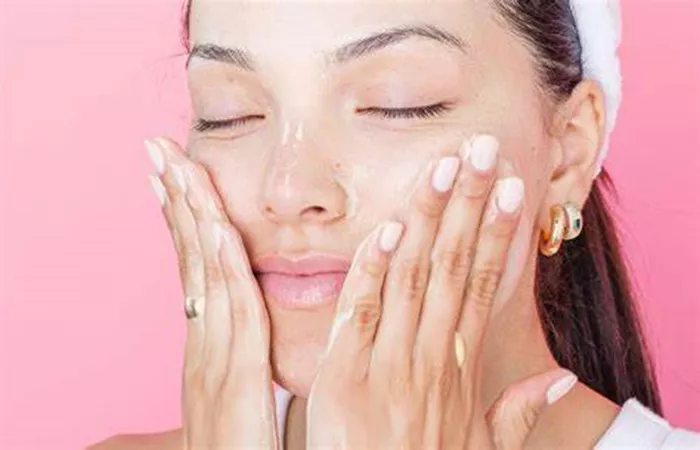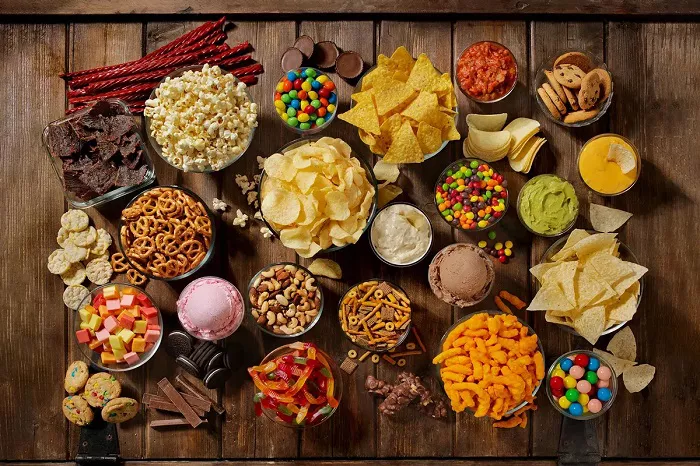Dan Flanagan, the founder of the community group Dad La Soul, is calling attention to the urgent need for fathers to open up about their emotions, particularly in light of the disturbing mental health crisis affecting men. According to recent statistics, 84 men in the UK tragically take their own lives each week. During a powerful TED Talk broadcast to an estimated global audience of 40 million, Flanagan spoke out about how loneliness and a lack of emotional support can act as “silent killers,” especially for men who often struggle to share their feelings due to societal expectations surrounding masculinity.
Flanagan’s passion for the cause is deeply personal. Inspired by his own father’s challenges as a single parent, he saw firsthand the difficulties faced by male caregivers. This insight motivated him to launch Dad La Soul eight years ago, starting with a simple playdate at a friend’s office. What began as a gathering of 14 dads and their children has since grown into a network of 4,000 members. The group provides a safe space for fathers to share their struggles, whether it’s the guilt of missing bedtime stories due to long working hours or the discrimination faced by gay dads or homeless fathers.
A key part of Dad La Soul’s mission is to raise awareness about the emotional and social challenges that men experience as caregivers. Flanagan pointed out the difficult realities many fathers face, including the strain of trying to balance work with parenting responsibilities, the trauma of fighting an outdated court system to maintain access to their children, and the isolation felt by those who struggle with homelessness or societal stigmas. “There’s the dad who has missed another bedtime story because he has to work to pay the bills and feels so guilty about it. Or the dad who has spent thousands of pounds fighting an outdated court system just to see his kids,” said Flanagan. “But above all, there are dads who everyone thinks have it all together, until they’re really asked and admit they don’t know how they’re going to carry on.”
In the context of a broader conversation about toxic masculinity, Dad La Soul has become an important voice in calling for healthier models of manhood and emotional openness. The group has been particularly vocal following the success of the Netflix series Adolescence, which tackled issues of masculinity and misogyny. Flanagan warned that figures like Andrew Tate, who promote harmful and misogynistic views, prey on young men who are uncertain about their place in society and are searching for answers. “Young men need culture and connection, and they’re asking questions about who they are and where they fit into society,” said Flanagan. “And that’s where the likes of Andrew Tate step in because he fills the vacuum that’s there.”
Dad La Soul works tirelessly to create positive social connections for isolated fathers, organizing events and raising funds to support their initiatives. The group has received substantial backing from organizations like the National Lottery and Comic Relief, which have funded efforts to provide essential resources for fathers in need of emotional and social support.
Flanagan’s efforts are also supported by volunteers like Paul Tyldesley, who stressed the need to consider young men as a disadvantaged group. Tyldesley explained that young men, particularly those from underprivileged backgrounds, are often without the support they need to develop a healthy sense of self and find their place in society. He pointed out that without positive role models and healthy support systems, these young men can be drawn to harmful online figures that perpetuate toxic masculinity.
The importance of supporting fathers—particularly those who are struggling or isolated—cannot be overstated. As Flanagan and Tyldesley pointed out, society must do more to help men open up about their feelings and reduce the stigma surrounding mental health. By focusing on fostering emotional well-being and supporting fathers in their caregiving roles, initiatives like Dad La Soul hope to create a healthier environment for both men and their families.
Ultimately, Flanagan’s message is clear: “It’s hard being a bloke sometimes, so you want to know that if you put your hand up and ask for help, people are going to hear you.”
Related Topics
































